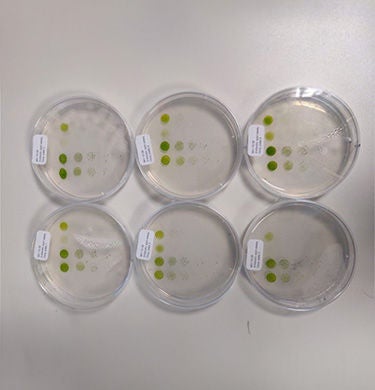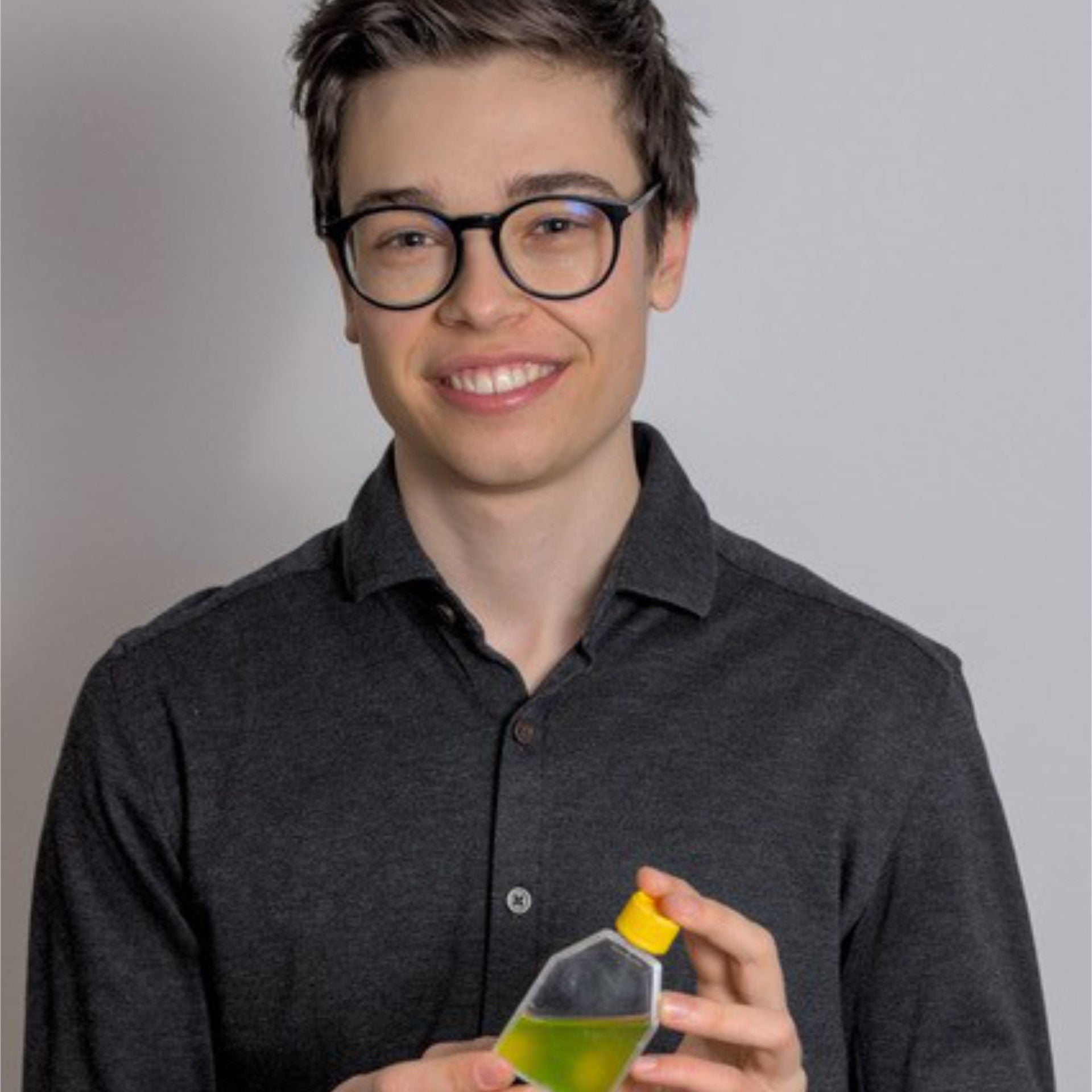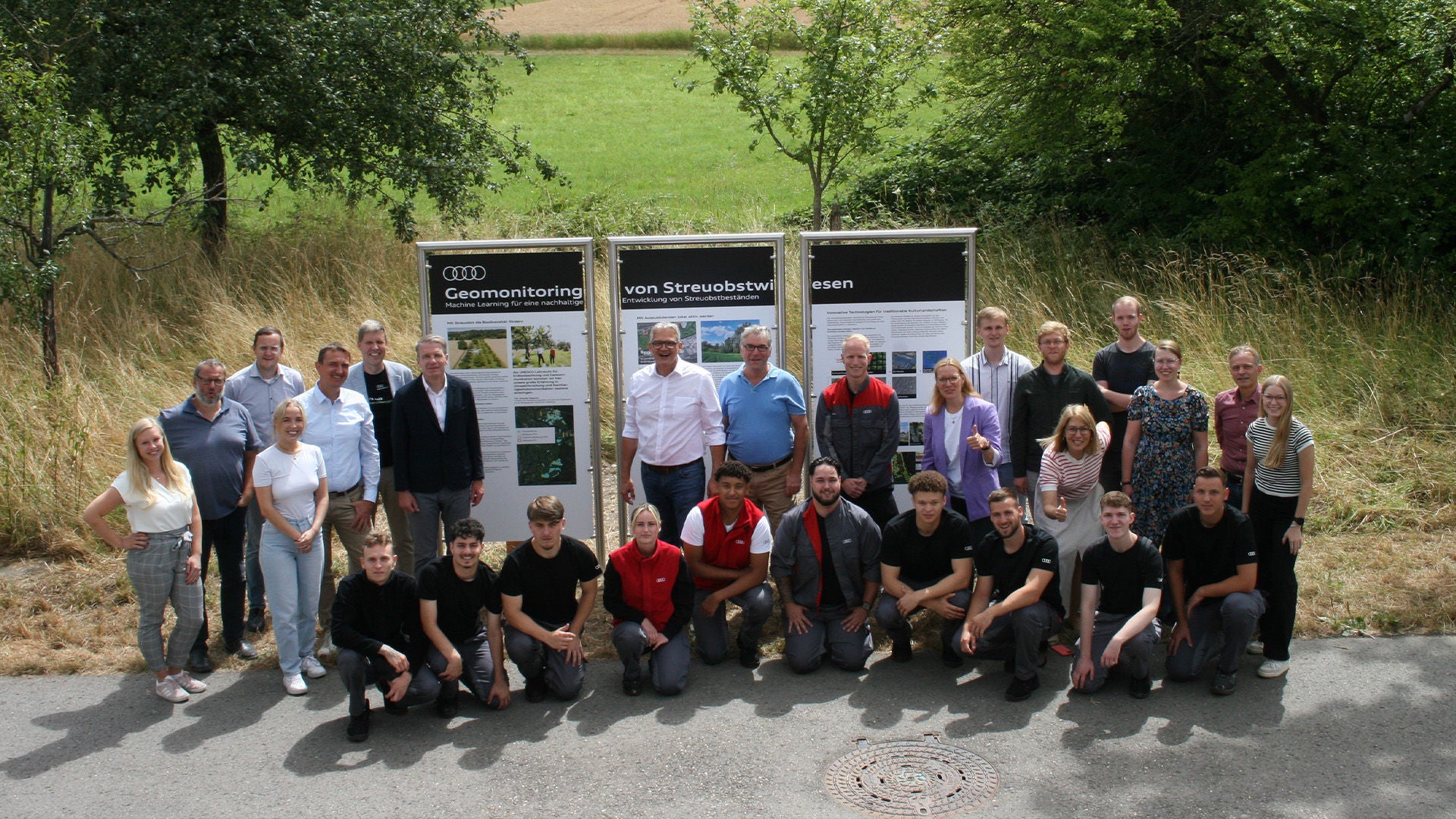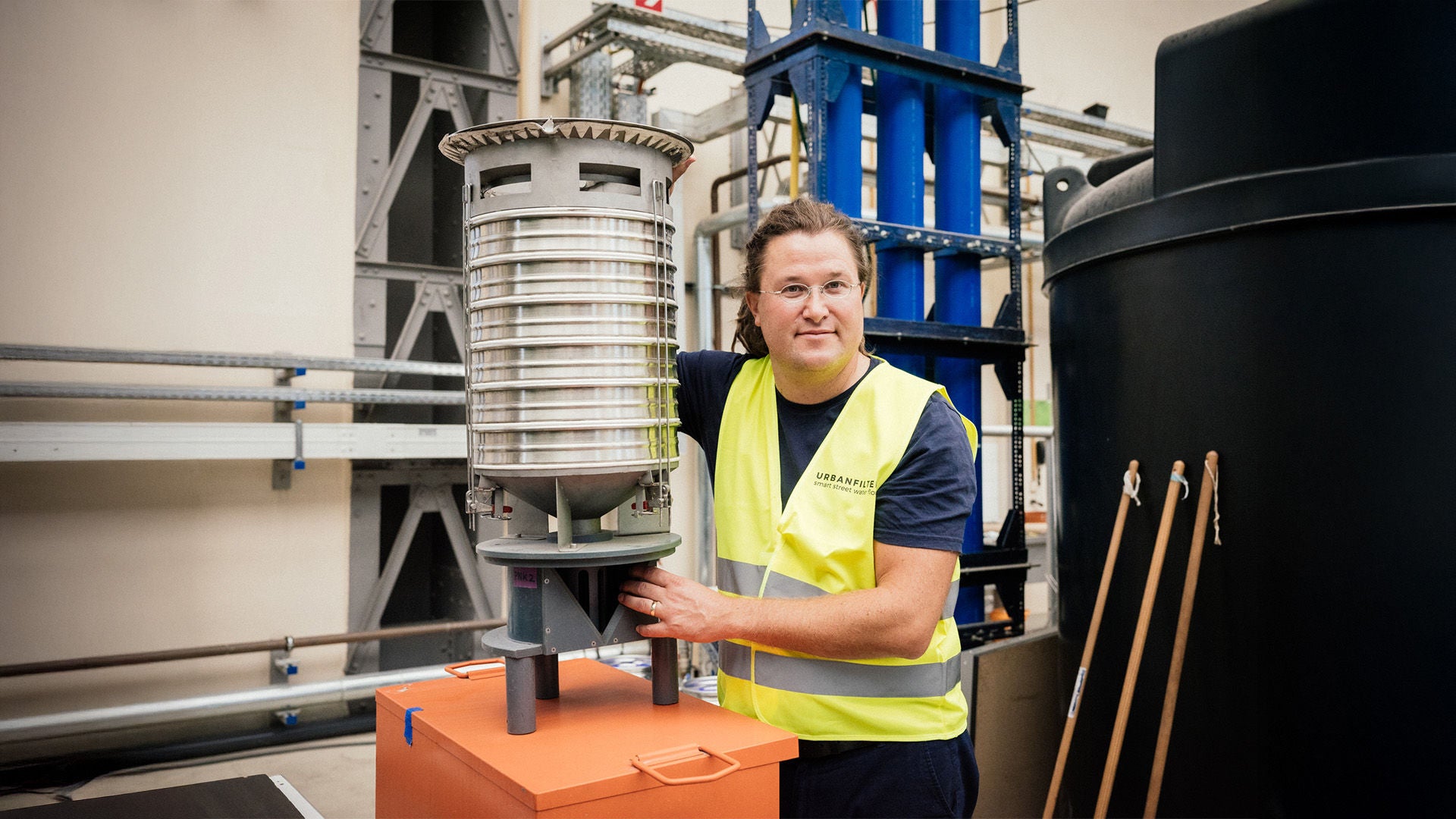Microalgae – multitalented organisms for a livable future?
We all have probably eaten algae at some point – wrapped around maki sushi or in a highly processed form commonly used as a thickening agent in instant meals, such as carrageen. Algae, and microalgae in particular, have also been cultivated at the industrial level since the 1950s with the aim of preserving natural raw materials for a variety of areas of application.
02/26/2021 — Reading Time: 3 min
Microalgae are small single-cell algae that are responsible for the characteristic green color of bodies of water. There are various possible applications depending on the type of microalgae, ranging from food products, where they create the fresh green color of popular smoothies, to medicine and cosmetics, and all the way to the industrial area.
The algae can be optimized by means of molecular biological procedures such that they serve as efficient raw material suppliers for fine chemicals. The fatty substances in the biomass can be used for the production of biofuel, for example. An airplane fueled only with “algae-based kerosene” was able to take off back in 2010. Microalgae could thus play an important part in the context of carbon-neutral mobility in the future.

Algea on agar plates.
Intensive research has already been conducted on the industrial production of energy-rich microalgae. It offers the major benefit that the yield of biomass is considerably higher as compared to conventional agriculture, and the water and land consumption is therefore significantly lower.
As part of this research project, the Audi Environmental Foundation is involved in the sustainable production of biofuels and fine chemicals from microalgae, in this case the green alga “chlorella vulgaris.” The purpose of ivestigating this type of alga is to make an active contribution to protecting our climate.

Algae mixed with antibiotics.



